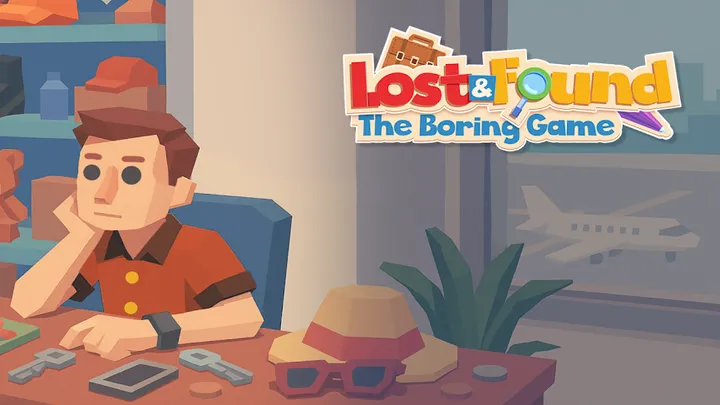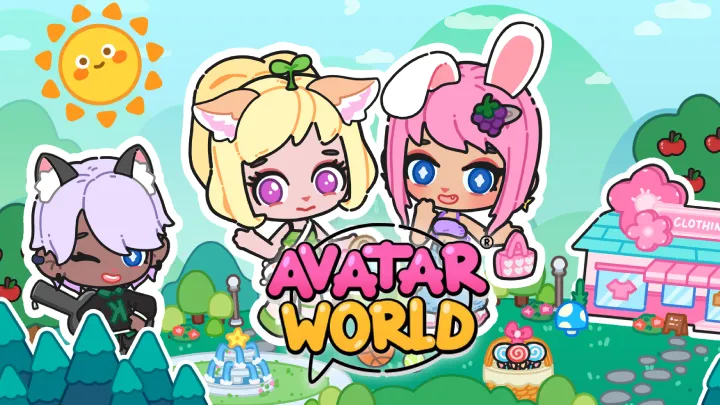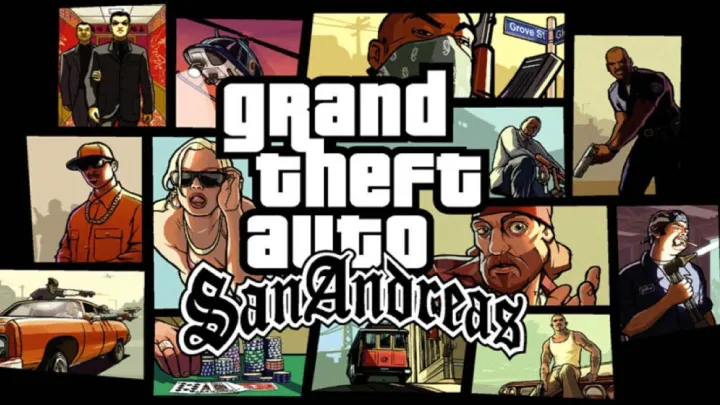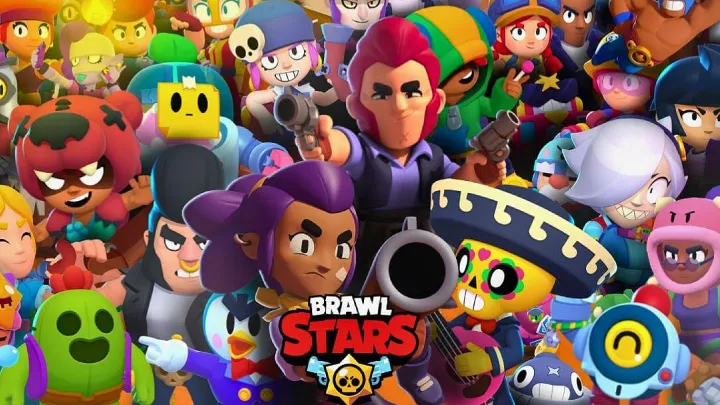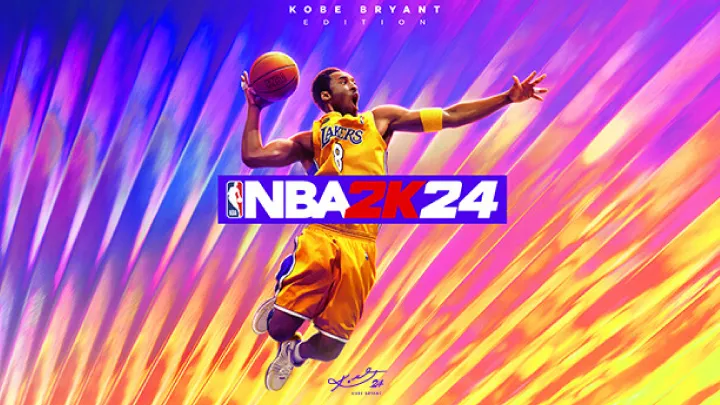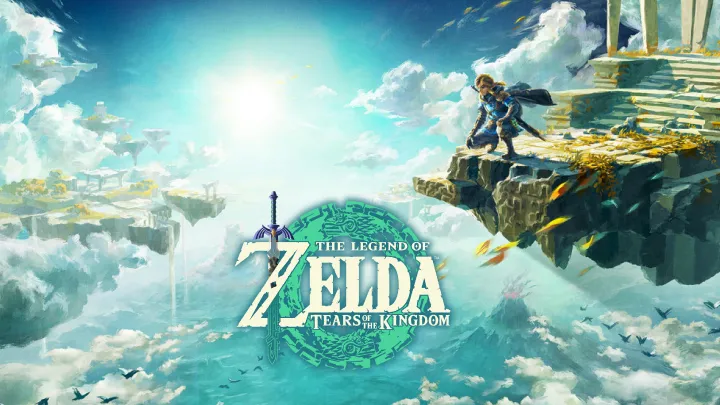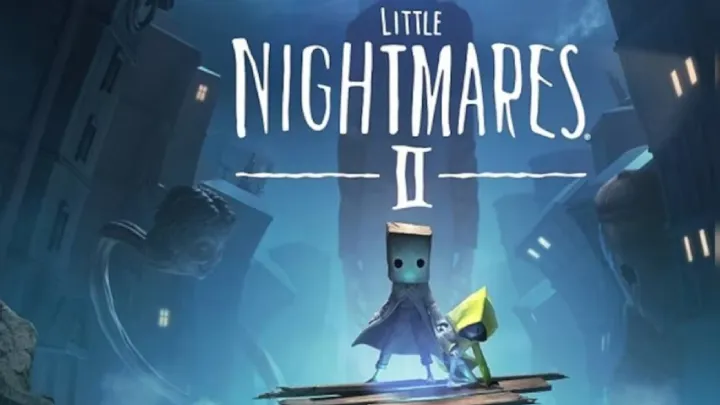Reading has transformed dramatically over the decades. From printed pages to screens, from public libraries to personal devices — the evolution continues. In 2025, “reading” means far more than flipping pages: it's about immersive engagement, social discovery, accessibility, and seamless integration across devices. Whether you're into binge-reading thrillers, discovering indie authors, or absorbing audiobooks during your daily commute, there's an app designed for your preferences and goals.
In this guide, we dive deep into the Top 5 Book Reading Apps of 2025—tools that redefine how we explore, track, and consume books. We'll examine their strengths, unique features, optimizations for modern readers, and examples of how they elevate reading to a rich, dynamic experience. Get ready to upgrade your digital bookshelf.
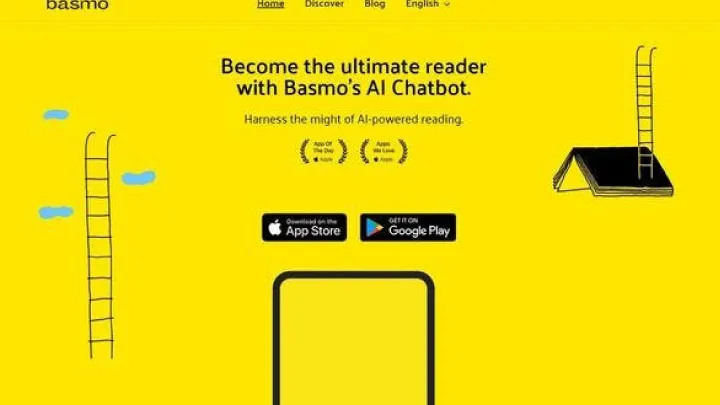
1. Libby – Your Library, Reimagined
Libby, created by OverDrive, continues to lead as the go-to reading app for accessing public libraries digitally. As of early 2025, Libby remains integrated in approximately 90% of North American libraries, offering a comprehensive collection of ebooks and audiobooks—all free to borrow with your library card.
The app’s elegance lies in its intuitive design. You search for a book, borrow, and it appears instantly in the app—ready to read or listen. Exclusive features like curated “Catalog Guides” offer seasonal or themed selections for inspiration. Reading progress syncs across devices, and the experience supports both EPUB and audiobook formats, complete with bookmarks, highlights, and notes.
Libby's advantages are clear: it's cost-free, user-friendly, and socially enriching—reviving reading habits in a digital age. However, its catalog depends on local library inventories, meaning some bestsellers or niche titles may not always be available. Still, for avid readers who want access to a vast rotating library without any cost, Libby is unmatched.
2. Basmo – Your Personal Reading Coach
Emerging from the “reading tracker” category, Basmo focuses less on content library and more on transforming how you read. By 2025, it has gained acclaim among productivity-focused readers for features that go beyond mere tracking.
Instead of providing books, Basmo invites you to upload your own eBooks and then trains you to read smarter. It analyzes reading behaviors—how long you spend, your reading streaks, your speed. The app then sets personalized goals, records reading journals, and offers motivational feedback. This turns reading into a habit-building journey, perfect for those who aim to read consistently and reflectively.
While Basmo doesn’t supply content, its power lies in transforming reading into an intentional, data-supported experience. If you're building a reading habit or trying to tackle long-term reading goals, Basmo equips you with the tools to succeed.
3. Blinkist – Knowledge in Minutes
Blinkist has redefined nonfiction consumption. For anyone who struggles with lengthy tomes or tight schedules, Blinkist abstracts ideas into concise, potent summaries—called “Blinks”—that can be read or listened to in 10–15 minutes.
By 2025, Blinkist offers thousands of titles across categories like self-improvement, business, psychology, and history. Each summary captures core insights and key ideas while audio narration makes learning hands-free—the perfect companion for commutes or workout sessions.
Blinkist’s strength lies in its speed and efficiency. However, it isn’t a substitute for full books—you trade depth for brevity. Nonetheless, for readers who want exposure to a breadth of ideas quickly, Blinkist is ideal. It’s perfect for discovering new topics, then diving deeper with full-length reads when something resonates.
4. Google Play Books – Ultimate Flexibility & Content Choice
Google Play Books remains one of the most flexible options for readers who prefer purchasing over subscription models. With a catalog surpassing five million eBooks and audiobooks, it claims one of the largest selections available.
Beyond its library, the app simplifies organizing and reading. You can upload your own EPUB or PDF files (up to 2,000), then organize them into customizable shelves. Integrated reading tools like highlighting, dictionaries, and voice narration via Google Assistant enrich the experience.
Best of all, there's no subscription—pay only for what you want. The app syncs seamlessly across Android, iOS, web, and even Android Auto, enabling cross-device reading.
While the catalog may not be as curated or recommendation-driven as others, Google Play Books excels in choice and customization, making it perfect for independent readers who own or borrow diverse digital texts.
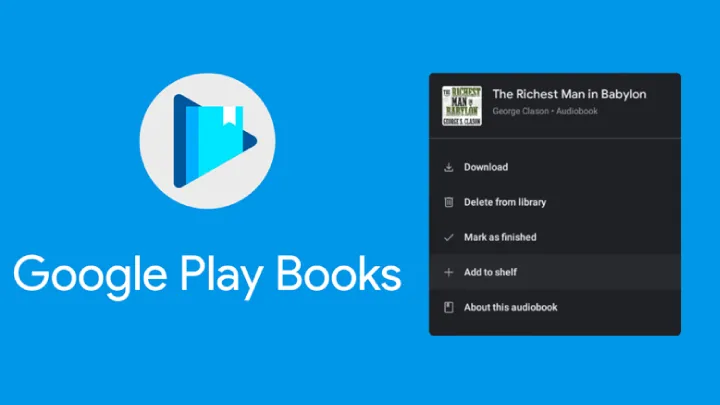
5. Yomu EBook Reader – Format Flexibility and True Compatibility
Designed for iOS users with eclectic collections, Yomu EBook Reader shines by supporting nearly all eBook formats without platform limitations. Whether your books are EPUB, MOBI, PDF, or downloaded from various sources, Yomu imports them cleanly via cloud storage like iCloud or Dropbox.
Its interface feels like a unified digital bookshelf, merging personal collections with library books. Yomu offers robust reading features: customizable fonts, themes, and smooth pagination. While its menu placement could be improved, the app consistently delivers for readers who juggle multiple file types and sources
For power users who read from diverse sources, Yomu is a must-have. It breaks the walled-garden constraints of other platforms, offering true flexibility and respect for reader autonomy.
Making the Right Choice: Finding Your Reading Partner
All five apps stand out in their niches, but what suits you best depends on your habits and goals:
- Libby is perfect for free, library-based borrowing—ideal for voracious readers on a budget.
- Basmo elevates reading into a habit-forming experience with tracking and goal-setting.
- Blinkist suits fast-paced lives craving exposure to ideas without committing to full books.
- Google Play Books offers wide choice, personal uploads, and flexible buying—great for custom readers.
- Yomu gives format freedom and compatibility—best for multi-source eBook collectors.
Many readers mix usage: daily audiobook chapters from Libby, habit tracking in Basmo, idea scanning in Blinkist, reading PDFs in Yomu, and full novel purchases in Google Play Books. Together, they create a versatile, modern toolkit for any reader in 2025.
The Future of Reading: Trends and Innovations
The evolution of reading is accelerating. AI-driven personalized book recommendations are becoming more sophisticated, tailoring suggestions to mood, reading speed, and cognitive patterns.
Emerging technologies like AR storybooks are transforming children’s reading experiences. Innovative systems like Metabook convert 2D stories into interactive AR environments with avatar companions—making reading immersive and social for young learners
Platforms like TaleMate are redefining parent-child reading with voice agents that enhance engagement and foster developmental growth during shared reading sessions
Meanwhile, systems like BookWorld use AI to simulate interactive fictional worlds—creating dynamic, multi-agent storytelling that evolves beyond traditional reading
These are glimpses of a future where reading is not just solitary consumption but interactive, personalized, and generative. The apps of 2025 are already paving the way.
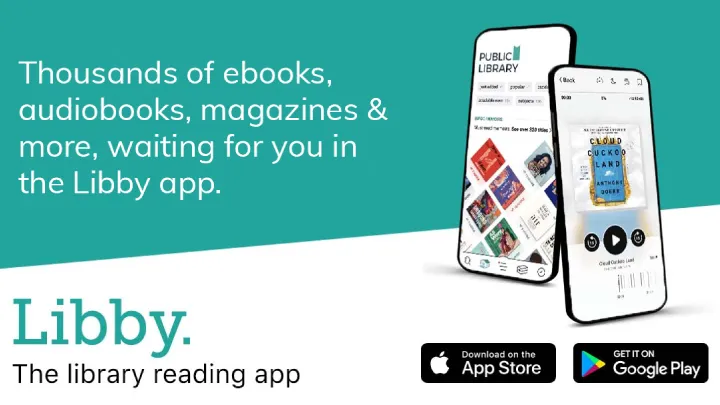
Conclusion: Build Your 2025 Reading Ecosystem
The book-reading landscape in 2025 is richer than ever. With apps like Libby, Basmo, Blinkist, Google Play Books, and Yomu, readers have tools tailored for learning, collecting, tracking, and creating individualized reading experiences.
Whether you’re goal-oriented, format-flexible, cost-conscious, or speed-focused, there’s an app that elevates literature into something personal and powerful. Combine them wisely to craft a reading routine that’s both fun and meaningful.
Your perfect digital bookshelf awaits—filled with opportunity, discovery, and endless stories. Start reading.
